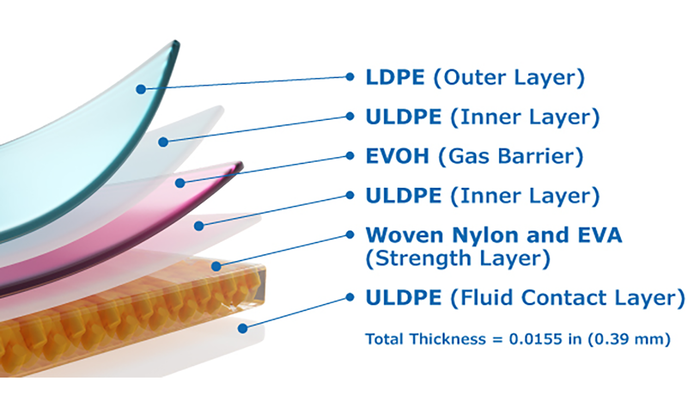 From the global shift in demographics to increased efficiencies in chromatography media, change is constant within the bioprocessing industry and a major reason delegates flock to the annual BPI Conference and Exhibition. As a place to get an overview of the hot topics affecting this industry, the meeting brings together key aspects of bioprocessing — therapeutic modalities, cells, expression systems, upstream production, downstream processing, development, and manufacturing — with digital integration and the increasing importance of analytics.
From the global shift in demographics to increased efficiencies in chromatography media, change is constant within the bioprocessing industry and a major reason delegates flock to the annual BPI Conference and Exhibition. As a place to get an overview of the hot topics affecting this industry, the meeting brings together key aspects of bioprocessing — therapeutic modalities, cells, expression systems, upstream production, downstream processing, development, and manufacturing — with digital integration and the increasing importance of analytics.
Add in macrobusiness and political developments, and the conference becomes “a really good place to get an overview of some of the trends in this industry; a sort of one-stop–shopping experience,” Günter Jagschies, strategic customer relations leader at GE Healthcare and author of the book Biopharmaceutical Processing: Development, Design, and Implementation of Manufacturing, said at the opening session of the conference in Boston, MA.
“But our world is about to change,” he warned. “If you can’t be part of the change, then you better move out the way because other people are coming to take your place.”
The change he spoke about referred not to politics, but rather to demographic transitions. “The face of this planet will change mainly because the population living on it is aging,” he explained. “Over the next 80 years or so, predictions are that there will be 2.3 billion more people my age or older in Asia and Africa.” (Although Jagschies did not divulge his own age, his LinkedIn profile shows that he began his university studies in 1974). Healthcare markets will change dramatically along with that population shift. “Even while they are going up the wealth ladder, these people are not going to be able to afford price levels that we have in the western world today for most of these therapies that we develop here in this industry.”
Thus, as the biopharmaceutical industry begins to target those 2.3 billion customers, the places where its business is conducted will change — and the conditions, price levels, and entire financial situation will need to adapt.
“We don’t really know cancer yet,” continued Jagschies. “We know almost nothing about Alzheimer’s. And these people are going to be in desperate need for better medicines — or medicines at all in the first place.” Many African and Asian countries will need to create their own healthcare systems, he added. “They have a double burden: They have so many people who are in need and so little infrastructure.”
Therefore, major investments will be necessary, but those will need to be balanced against the realization that many of those countries have only just managed to pull themselves out of poverty. “Noncommunicable diseases could break the bank of many nations,” he pointed out, which is something the industry must help prevent.
Read the rest of this report – Just fill out the form to download it now.








